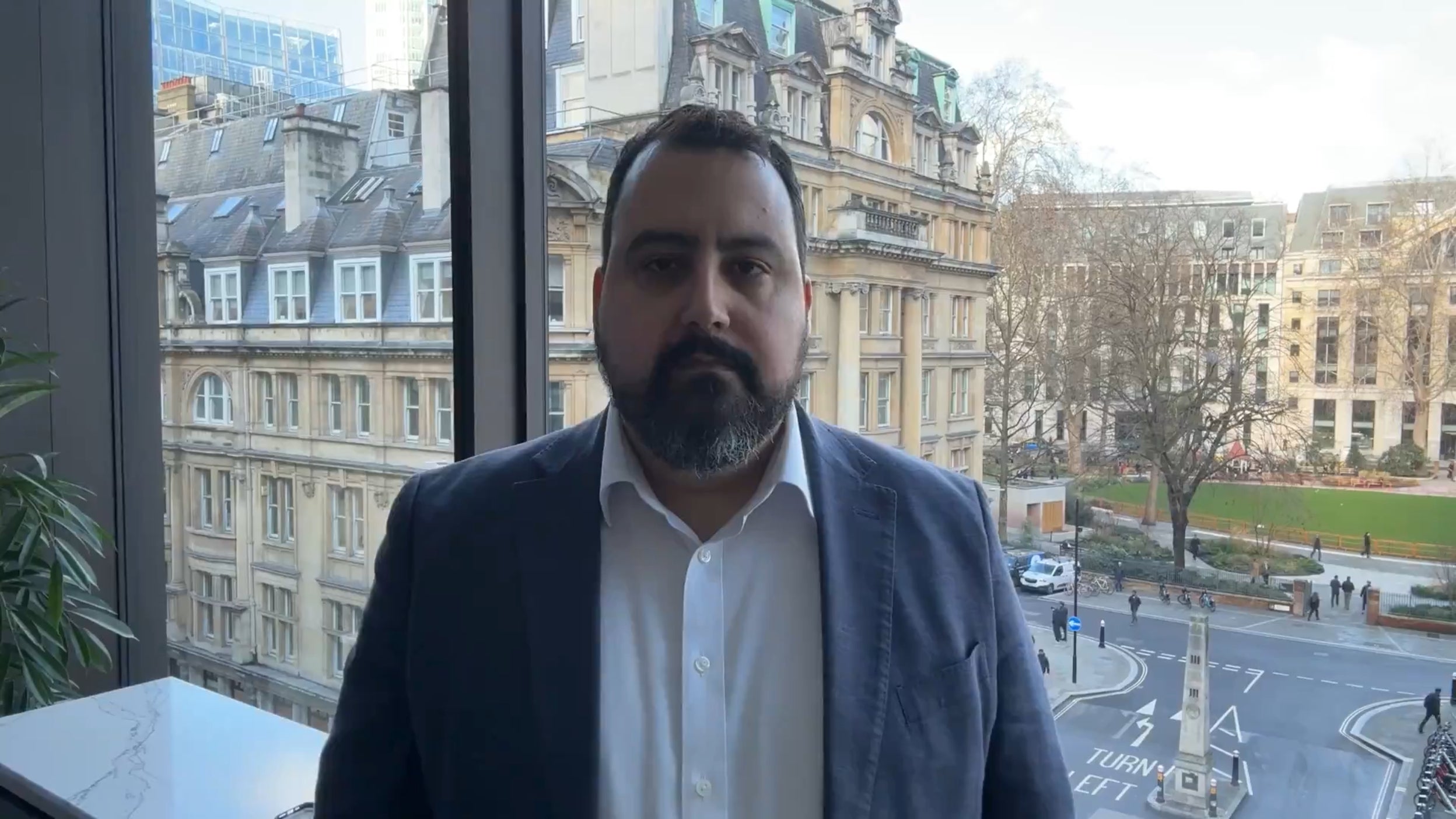Gold – Shining Brighter and Brighter
What a spectacular third quarter and sensational year it has been for the yellow metal. Indeed, those who have held gold throughout 2025 are no doubt experiencing a similarly warm glow as that emanating from the metal itself. Explanations behind the strength of this precious asset are multiple but centre upon rigid supply set against several crucial sources of structural long-term demand.
To the former we highlight the entertaining (and often surprising) statistical references, noting the total amount of excavated gold equates to a similar volume to that of just one 1.5m deep football pitch or 3.5 Olympic swimming pools. Additional supply is also relatively meagre at approx 3.5 tonnes per year which, if laid out at 10cm depth, would barely cover a tennis court.
With supply so constrained, therefore, it is demand which plays the crucial role in determining price - and on this front we observe multiple tailwinds. Two worth highlighting here are first the debt sustainability challenges confronting western governments, with investors eyeballing gold as a hedge against debt monetisation and currency debasement (read inflation) as a route out. The second, and arguably more powerful is that of central bank purchases. Eager to achieve a better balance away from heavy US Treasury exposure, be it for opportunistic, diversification or geopolitical reasons, this cohort of buyers shows no sign of letting up.
Even with gold’s sharp price rise, our Global Head of Research, Strategy & Insights, Ben Jones, remains firmly bullish a stance he continues to defend on our Ben Squared podcast. UK Professional Investors can listen to the latest episode here.
Find out more about investing in gold here.
Co-dependence Day – August 24th
Whilst there is perhaps a surprising amount to be positive on, a consistent theme of the Trump Presidency has been a gradual but observable move away from political and economic orthodoxy and a politicisation of fundamental institutions.
Whilst this persistent erosion of institutional independence makes it hard to pinpoint a specific ‘Codependence Day’, we note some policies clearly accelerate the administration’s agenda - and are often accompanied by a barrage of fireworks. Liberation Day on April 2nd was one such example, perhaps August 24th will be earmarked as another?
On that specific day we learned President Trump had committed to firing Lisa Cook, a member of the US Federal Reserve Board of Governors and voting participant on US Interest Rate policy. Given the case is far from watertight the attempt to dislodge an incumbent, and Biden appointee, compounds fears this administration is attempting to wrestle control of its decision-making powers. Trump has been a firm advocate for starkly lower interest rates and those finding their way into this voting group have bent to his will.
The narrative is a little confused given the weaker jobs data in recent months, supporting a gradual easing in interest rates, however, calls for dramatic cuts look too political. The labour market is softening but not collapsing and inflation remains a lingering threat. A gradual and thoughtful ‘easing’ schedule, which has already begun, looks optimal. Such a benign approach is unlikely to sit comfortably with this administration however, so we anticipate a continued challenge to this body, and others, in pursuit of keener control. Whether efforts to cut interest rates will yield the results they seek is another matter. Concerns a loss of independence might deliver higher rather than lower bond yields are material.
From an investment lens, there appears to be growing sentiment around positioning against the US dollar. Though the greenback has weakened quite a bit this year, the medium-term fundamental narrative, coupled with prevailing valuations, supports a further bout of weakness in the years ahead as investors (at the margin) rotate out of US assets.
For deeper insights into currency trends and investor flows, UK Professional Investors can explore the monthly ETF snapshot.
The Oracle and the Profit – 11th September
As is widely appreciated, one of the most dominant drivers of market returns in recent years has been the spectacular earnings growth achieved by those businesses operating in and around the development of Artificial Intelligence (AI). Be it private sector competition, or public sector ambition, an A.I. arms race is well underway and shows little sign of abating. Yet despite this ‘appreciation’ the market has repeatedly shown its inability to accurately anticipate the returns such investments would deliver, both for the capex spender and recipient. Evidence of the market’s failings were on display again in December as Oracle leapt 36% in a single day, adding US$244bn to its market cap – an amount roughly equivalent to the entire market cap of HSBC.
Of course, what’s done is done, and investors must now form a view on what comes next. The decision for multi-asset investors, however, comes laden with many more variables to consider than the profitability of A.I. capex programmes. Valuation, concentration risk, dollar headwinds (see Co-dependence Day) and (perhaps) a large starting/benchmark position will likely play a role in determining allocations to this space/market. Indeed, in light of these considerations, in our view rather than a bearish view on A.I. earnings (which we are not), we would encourage considering a gentle rotation away from this theme and the broader US market, and into international opportunities, particularly Asia, Europe and our own UK bourse.
For those wanting deeper insight into what’s next for AI leaders, UK Professional Investors can register for Invesco’s equity webinar on 11th November here.
Europe Rydering High – 27th Sept
The 2025 Ryder Cup, a biennial golfing grudge match between Europe and America’s best, delivered yet another act of great sporting theatre. Much ink has been spilt on the preparedness of European’s (home and away) winning captain, Luke Donald, the bonds formed between the European teammates and the questionable behaviour of some partisan US fans. However, despite the intrigue within each of these areas, as a professional investment analyst, I couldn’t help but ponder the remarkable parallels between the performance of these great golfing rivals, and that of their respective stock markets year to date.
Just as Europe’s talisman, McIlroy and Rahm got Europe off to the best possible start, so the magnificent US duo of Scheffler and DeChambeau crumbled under the weight of expectation. This pattern reflects just what we saw in markets in the first quarter, and some way into the second, as radical and destabilising US policy dragged their market’s star names sharply lower, handing a handsome lead to their European counterparts.
The resurgent US stock market since Liberation Day, led by a reversal in fortunes from their star names, has been nothing short of breathtaking. However, just as it was on the final day at Bethpage Black, the European lead was just too much to overcome, and we end the third quarter with Europe retaining both the Ryder Cup and a large relative victory for European stocks over the US.
An interesting side story has been the ugly scenes from the home support. Though again the market comparisons are clear, as akin to the US dollar, such disappointing form played a pivotal role in propelling Europe onto greater success.
At this moment it’s worth highlighting the opportunity for Europe to maintain its dominance over the US through to the next Ryder Cup (and perhaps beyond).
Invesco Intelligence seminars ongoing around the country as we write. To sign up to an event near you, please follow this link to find our registration page.








